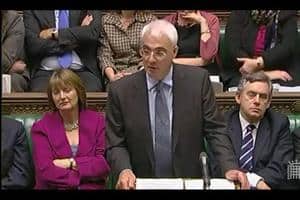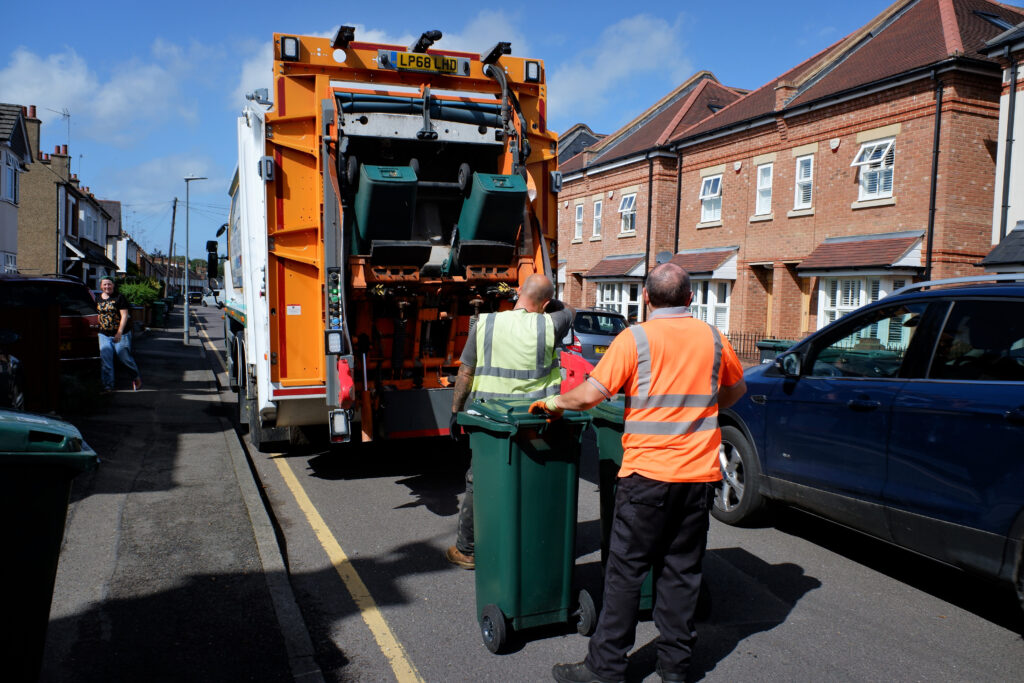In the report, entitled 'Securing the recovery: growth and opportunity', “more efficient” waste collection and disposal was named as one of four key ways in which the government planned to reduce local government spending. This was part of an overall effort to cut public spending by £11 billion a year by 2012/13.
With council budgets for waste and recycling already largely set for 2010/11, this would mean that any major cuts to services will have to be made in 2011/12 and 2012/13.
Outlining further areas where cuts would be made in his speech, the Chancellor said: “Abolishing quangos, cutting consultancy and marketing costs, improving procurement and streamlining back-office functions.”
He added: “We will sell those assets that can be managed better by the private sector.”
In his speech, the Chancellor reflected on the impact the recession had had on the UK economy and the measures the government had taken to address it.
He outlined plans to address the budget deficit but also said that he would take action to promote growth, with support for low carbon growth identified as a particular priority with the allocation of £400 million extra government support over the next two years to “support green growth and the development of low carbon technologies”.
Infrastructure UK
The support for low carbon development includes the establishment of Infrastructure UK, which will be tasked with helping major infrastructure projects, including renewable energy developments off the ground by attracting private sector investment.
The report explains that it will “bring together commercial and financial expertise and help the Government identify and attract further investment in infrastructure, including low-carbon energy projects”, and mentions biomass as one of the technologies that could benefit.
It also raises the possibility of a green investment bank, echoing a proposal mooted by the Conservatives last month, stating that the Chancellor will be “considering the case for a low-carbon investment institution”.
Biofuels
There was also a boost for the use of used cooking oil, with the announcement that, while the 20 pence per litre differential in fuel duty that is in place to promote biofuels will come to an end in April 2010, it will continue to be applied to used cooking oil biofuel for a further two years.
Explaining that used cooking oil biofuel is “highly sustainable”, the report noted that this exemption was necessary because the fuel was used outside the Renewable Transport Fuel Obligation – the mechanism in place to guarantee demand for biofuels.
However, it said that the differential has to end on April 1 next year for other biofuels because “the tax discount cannot distinguish between sustainable biofuels and those that increase greenhouse gas emissions or raise wider sustainability concerns”.
Landfill tax
Providing an update on progress made regarding measures outlined in earlier announcements by the Treasury, the Pre-Budget Report also revealed that over 100 responses were received to the department's consultation on modernising landfill tax, which was launched as part of this year's Budget (see letsrecycle.com story).
Noting that a summary of responses had now been published, it explained that: “The Government will now undertake further discussions with landfill operators on the proposals relating to what is a taxable disposal.
“Given the potentially significant impact on certain sectors of industry, the Government will also work with the relevant environmental authorities to understand in more detail the characteristics of materials the consultation proposed should no longer be covered by the lower rate of tax,” it added, confirming that a government response to the consultation would published next spring.
The report also confirmed that half of the £10 million fund for anaeorobic digestion announced in this year's Budget had now been allocated, and revealed the progress made by retailers on reducing single-use carrier bag use would be reviewed in summer 2010.









Subscribe for free